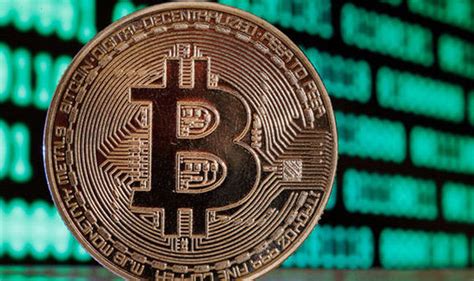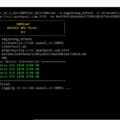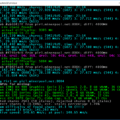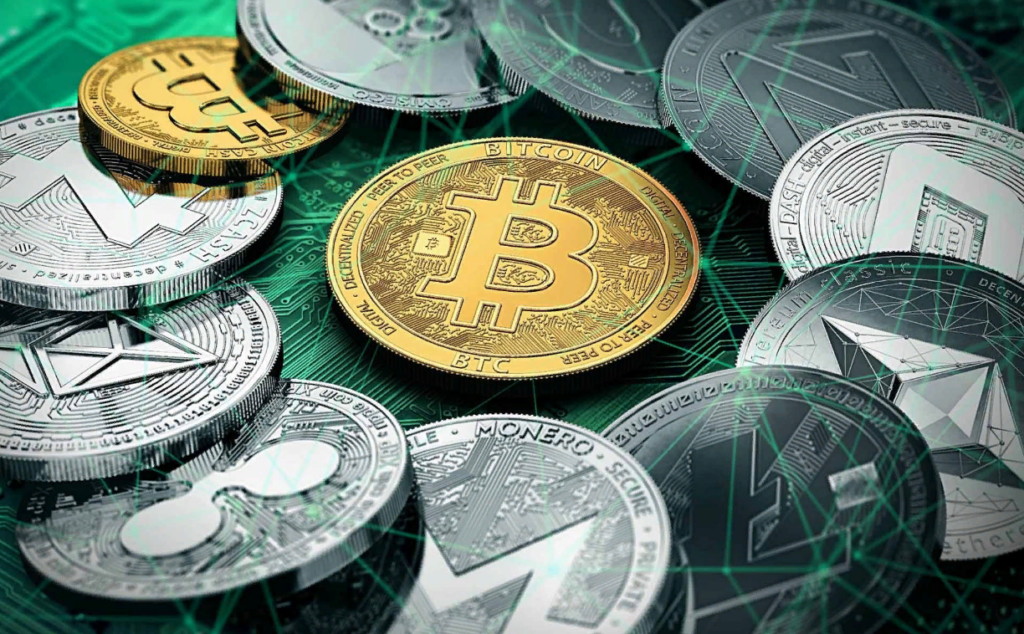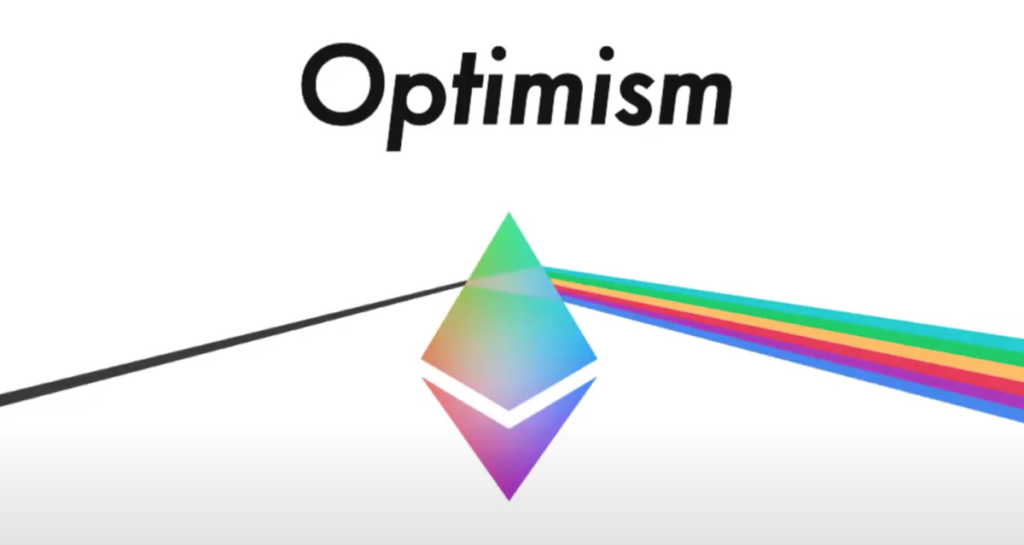Comparing Bitcoin with government-supported currencies, such as Venezuelan Bolivar (VEF), we find that, since November 2018, Bitcoin has almost tripled in value relative to Bolivar.
Although the status of the Bitcoin currency (BTC) has been actively denied by both central banks and politicians and governments, it seems that this distinction may be unnecessary to demonstrate its success.
Trouble in Venezuela
Most of the reasons why BTC has approached a VEF value are associated with extreme hyperinflation, from which VEF suffers. Over the past ten years, Bolivar has seen that its value as a fiat currency has almost completely collapsed, as the economy of Venezuela declined as a result of economic sanctions, shortages and extreme corruption.
According to estimates of the International Monetary Fund (IMF), in 2019 Bolivar will reach 10,000,000 percent of inflation. Conversely, official estimates by the Central Bank of Venezuela indicate that as of April 2019, inflation has already reached almost 54,000,000 percent. Bolivar, the central bank of Venezuela, began to distribute more expensive promissory notes of 10,000, 20,000, and 50,000 denominations.
Before the introduction of new big bills, people had to carry large piles of bills with them to pay for such simple things as groceries. A recent revelation by Reuters showed that bolivar stacks are needed to buy even ordinary items, such as a kilogram of tomatoes or a roll of toilet paper. A full grocery store, even for a small family, would require people to carry with them a few bags of Bolivarian banknotes when paying for smaller denominations.
In the same period, Bitcoin (BTC), a decentralized cryptocurrency, launched in 2009, has achieved tremendous success and witnessed an astronomical percentage increase in value. After the initial launch with almost zero cost, BTC exploded up to $ 20,000 each in 2017 and currently hovers around $ 10,500.
Bitcoin Satoshi vs Bolivar
The smallest consumable bitcoin unit is known as Satoshi, each of which represents 0.00000001 BTC. At the time of this writing, one satoshi is worth approximately $ 0.000105 (USD). Conversely, one Bolivar currently costs just 1.21 Satoshi, a number that was only 1.08 just a few days ago.
Although technically each satoshi costs less than Bolivar, Bitcoin is much more useful as a real currency. Getting into the hands of some Venezuelan Bolivars is a relatively simple undertaking, and most major forex platforms offer this service. However, converting VEF to USD, on the other hand, is almost impossible.
Compared to bitcoins, which can be converted to almost any fiat currency and supported by a growing list of merchants and retailers, the question arises as to how Venezuelan bolivar can be considered a currency, not a bitcoin? The citizens of Venezuela are now in a hurry to convert their VEF into BTC to insure against further inflation, it may take some time until Bitcoin becomes the national currency of Venezuela.
